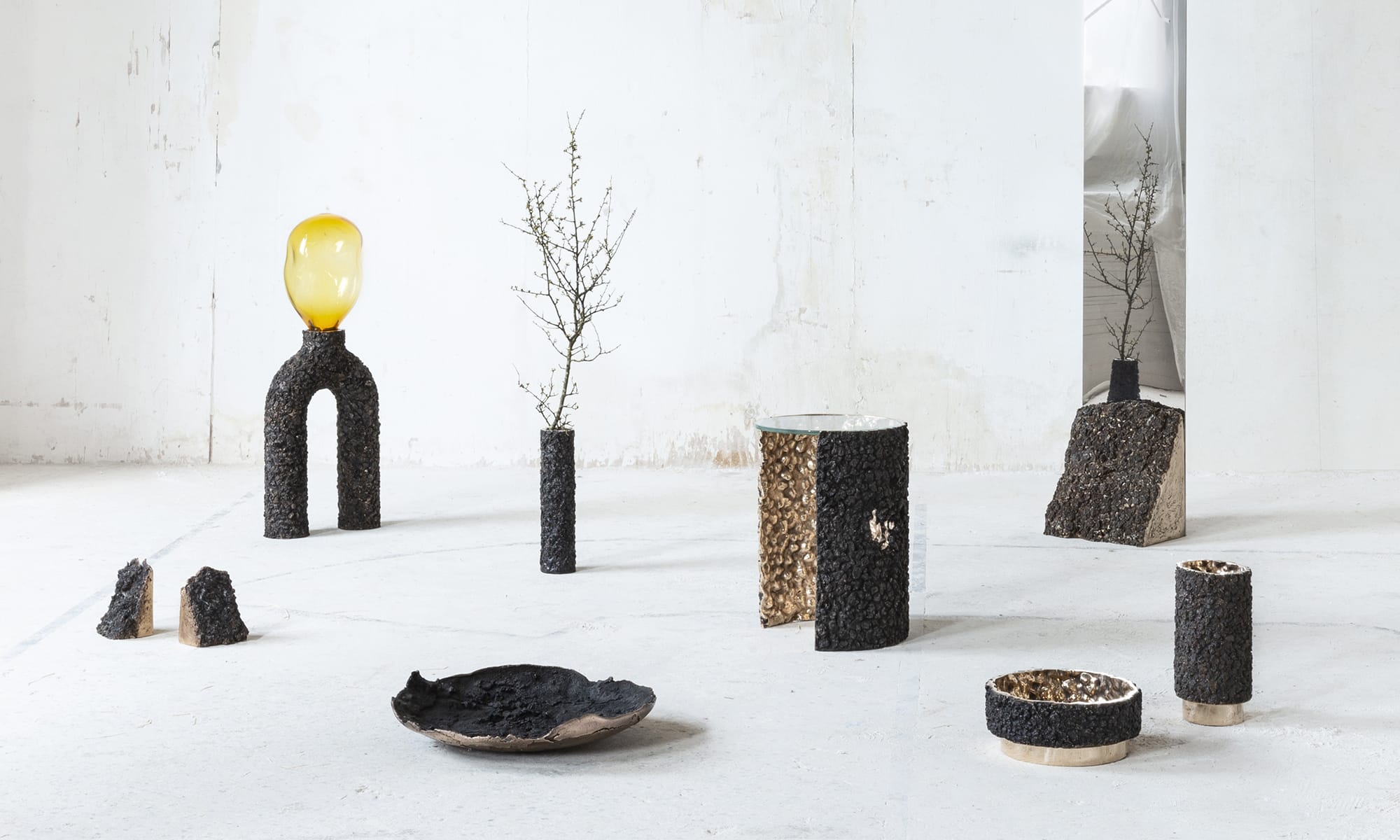This post was originally published on Colossal
Istituto Europeo di Design (IED) Firenze expands its academic offerings with the Master of Arts in Interior and Furniture Design—Hacking Tradition: Reinventing Craftsmanship and Materials. This new program redefines the intersection of heritage and innovation, where traditional craftsmanship meets contemporary design. Aligned with IED’s sustainable textile focus, students learn to critically reinterpret cultural and material heritage through a sustainable lens, with design positioned as a transformative force that shapes environments while addressing social and ecological challenges.
This Master of Arts program equips students with the skills to “hack” tradition—decoding artisanal methods, rethinking materials, and innovating applications. By fostering a dialogue between past and future, craftsmanship becomes a space for reinvention. The curriculum integrates DesignXCommons, an ecological design philosophy focused on sustainability and resource regeneration. Rooted in Tuscany’s world-renowned manufacturing traditions—marble, textiles, furniture, jewelry, and leather—the program offers hands-on experience. Students engage in workshops, industry collaborations, and real-world projects, turning cultural contexts into design innovation.

It complements IED Firenze’s Master of Arts in Textile Design—Eco-Threads: Materials and Circularity, which explores sustainable materials, eco-design, and process innovation across fashion, interiors, and product design. Together, these programs position the school as a leader in sustainable design education. Set in Florence—where history, art, and fashion merge—IED Firenze offers a unique learning environment. From the grandeur of Ponte Vecchio to the heritage of Gucci and Ferragamo, the city itself becomes part of the curriculum. Housed in an architectural landmark, IED Firenze nurtures designers ready to challenge conventions, honor heritage, and shape the future of design.
To learn more, visit ied.edu/courses.
Founded in 1966, IED (Istituto Europeo di Design) is an international network of higher education institutions specializing in design, fashion, visual arts, and communication. With campuses in Italy, Spain, and Brazil, IED fosters a multidisciplinary approach that blends creativity, craftsmanship, and technological innovation. Through hands-on training and strong industry connections, it prepares students to become forward-thinking professionals in the global design landscape.



Do stories and artists like this matter to you? Become a Colossal Member today and support independent arts publishing for as little as $7 per month. The article Tradition Meets Innovation in Interior and Textile Design at IED Firenze appeared first on Colossal.





0 Comments